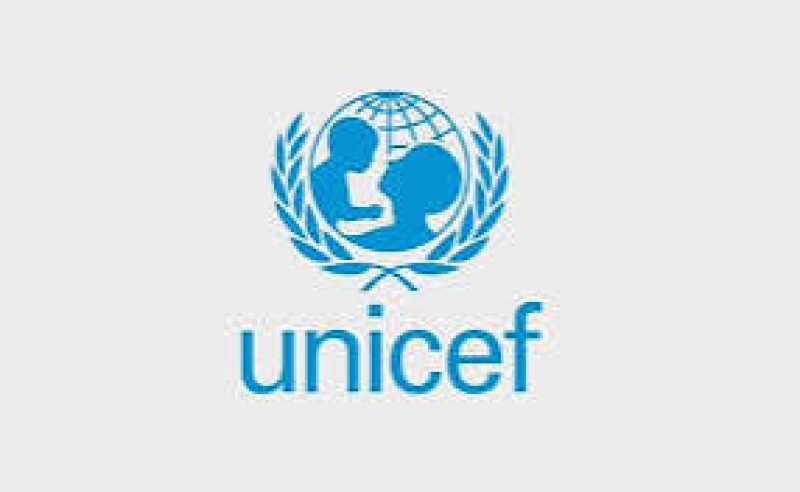- Militant Attacks Kill 33 in Balochistan; 92 Assailants Dead |
- Power generation at Payra Thermal Power Plant 1st unit starts after a month |
- Irregularities, injustice will no longer be accepted in politics: Jamaat Ameer |
- 2 arrested in Jhenaidah for allegedly selling madrasa student |
- Koko’s wife campaigns for Tarique in Dhaka-17 |
32 children killed in recent violence in BD: UNICEF

Sanjay Wijesekera, UNICEF Regional Director for South Asia, has released the following statement:
“I have just returned from a week in Bangladesh, and I am deeply concerned about the impact of recent violence and ongoing unrest on children.
“UNICEF has now confirmed that at least 32 children were killed during July’s protests, with many more injured and detained. This is a terrible loss. UNICEF condemns all acts of violence. On behalf of UNICEF, I extend my heartfelt condolences to families mourning the loss of their sons and daughters.
“Children must be protected at all times. That is everyone’s responsibility.
“I am aware of reports that children are being detained, and remind authorities that for a child, coming into contact or conflict with the law can be very frightening. In line with international human rights and the UN Convention on the Rights of the Child to which Bangladesh is a signatory, and based on research into the effects of detention on children, UNICEF urges an end to the detention of children in all its forms. This means that children should not be arrested or detained based on their mere presence in any location or because of their background, religion, or acts or beliefs of their family members, reports UNB.
“Supporting children caught up in the violence is a priority for UNICEF. I visited the UNICEF-supported Child Helpline 1098 which has seen a 250 per cent increase in demand since the violence started. I saw how trained counsellors listen to children’s concerns, refer to them the appropriate support and services – and follow up with them.
“In addition, 1,100 social workers, trained by UNICEF, under the Department of Social Services, are providing psychosocial help for children whose mental health has been affected by the violence and curfews.
“One of the best ways to help children recover from violence and to keep them safe is to reopen all schools, restart learning, and reunite children with their friends and teachers. 30 million students from pre-primary to secondary school have missed 10 days of school. These learning losses are compounded by school closures earlier this year due to heat, cyclones and floods. While UNICEF welcomes the reopening of primary schools in many parts of Bangladesh from 4 August, there will still be around 15.5 million school children who are unable to resume learning. The longer children are out of school, especially girls, the less likely they are to return, jeopardizing their future.
“In my meetings with Government, UNICEF partners and organizations working for and with young people, I emphasized that the UN Convention on the Rights of the Child recognizes the right of children to freedom of association and to freedom of peaceful assembly.
“Children and young people are the future of Bangladesh. They should be protected when they speak up.”

